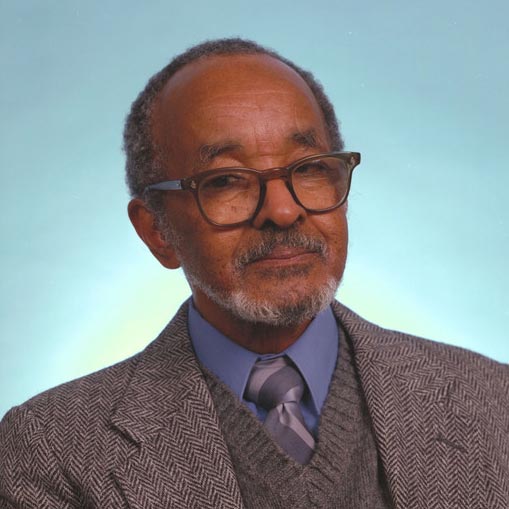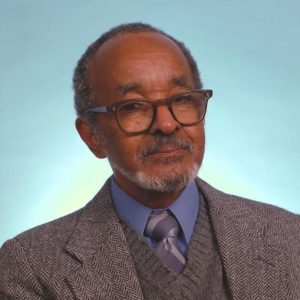
Emmett W. Chappelle (born 25 October 1925) is a scientist who made valuable contributions in the fields of medicine, philanthropy, food science, and Astrochemistry.
From 1950 to 1955 he served as an instructor of biochemistry at Meharry Medical College in Nashville, Tennessee. From 1955 to 1959, he was a research associate at Stanford University.
Then Chappelle joined the Research Institute in Baltimore, a division of the Martin Marietta Corporation which was famous for designing airplanes and spacecraft. There, Chappelle discovered that even one-celled plants such as algae, which are lightweight and can be transported easily, can convert carbon dioxide to oxygen. This discovery helped to create a safe food supply for astronauts.
Chappelle went to work at Hazelton Laboratories in 1963 as a biochemist. In 1966, he joined the National Aeronautics and Space Administration at the Goddard Space Flight Center in Greenbelt, Maryland, as a research chemist, and later became a remote sensing scientist, studying natural systems to improve environmental management. Chappelle retired from NASA in 2001. Some of Chappelle’s most interesting work was in the area of luminescence, which is light without heat. While designing instruments for the Mars Viking spacecraft, he became interested in bio luminescence, which is warm light produced by living organisms. Chappelle used two chemicals from fireflies which give off light when mixed with ATP (adenosine triphosphate), an energy storage compound found in all living cells. This could provide a method of detecting life on Mars.
Chappelle proved that the number of bacteria in water can be measured by the amount of light given off by that bacteria. He also showed how satellites can monitor luminescence levels to monitor crops (growth rates, water conditions and harvest timing). Emmett Chappelle married his highschool sweetheart, Rose Mary Phillips.
Chappelle has been honored as one of the 100 most distinguished African American scientists of the 20th Century. In 2007 Emmett Chappelle was inducted to the National Inventors Hall of Fame for his work on Bio luminescence.

